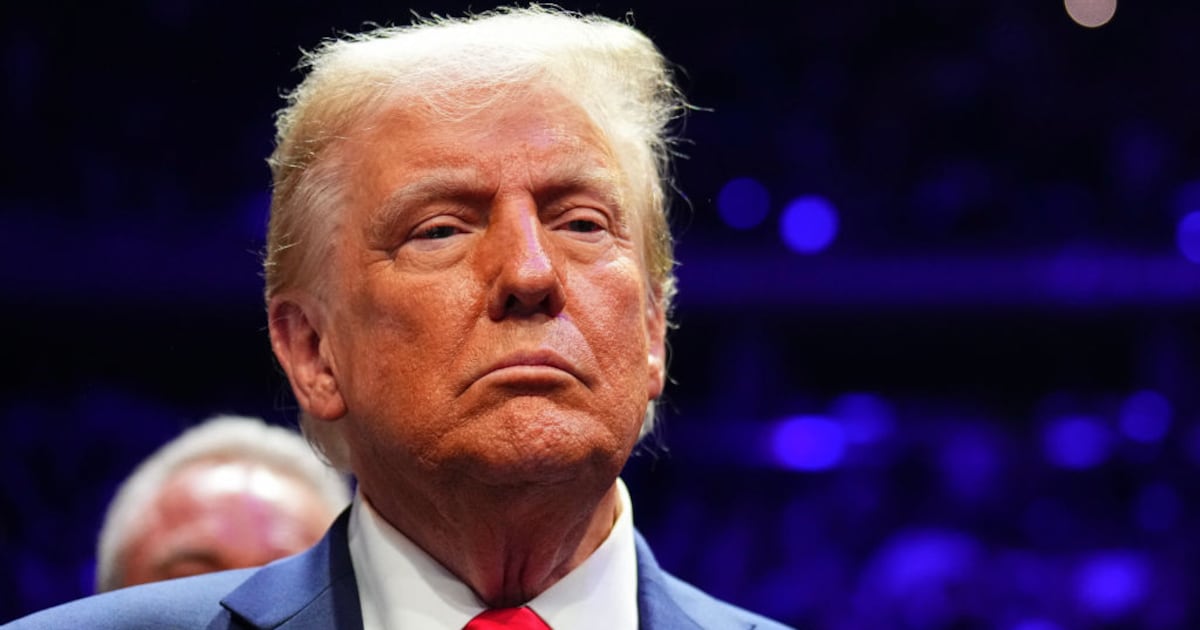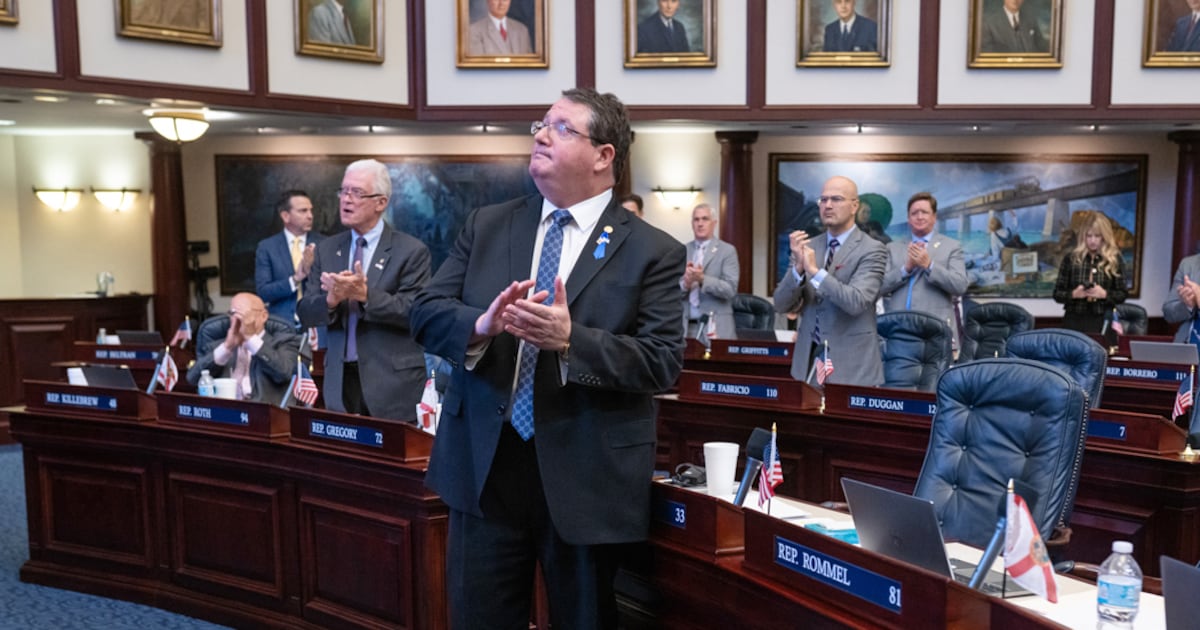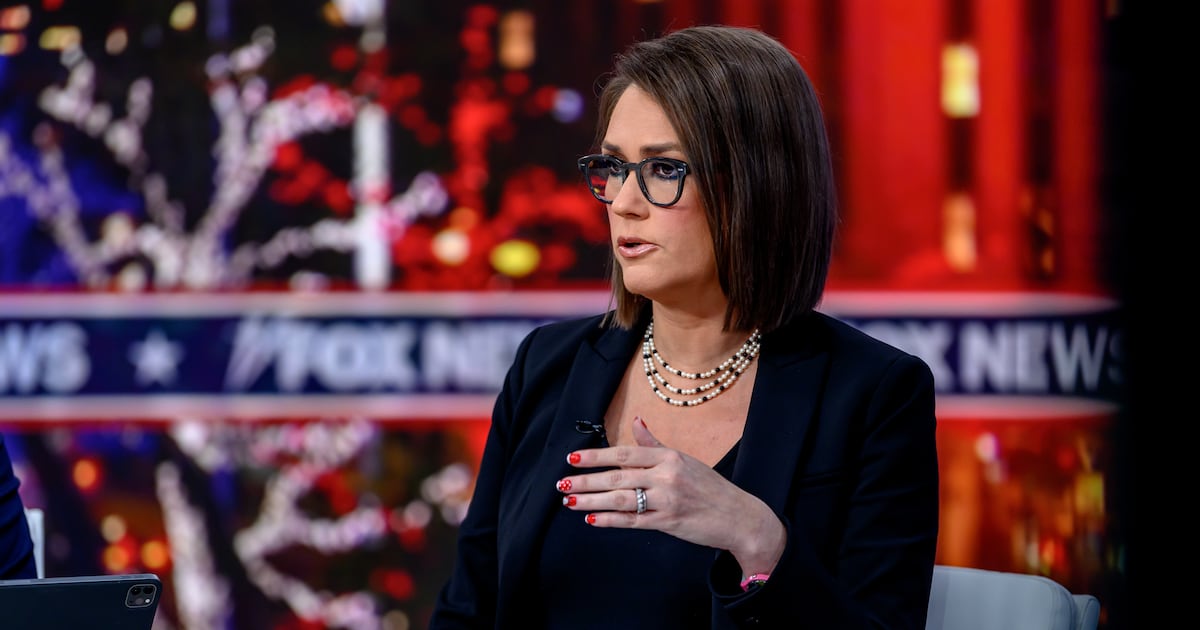Around 9 a.m. on Thursday morning, a man in the financial district pushed through a crowd of chanting protesters to talk to a policeman. “I work at 48 Wall Street,” he said. “How do I get in?” The cop shrugged. “You can’t,” he said.
On the two-month anniversary of the Occupy Wall Street demonstrations, thousands of protesters attempted to shut down lower Manhattan, as if to make the city wish it had left them alone in Zuccotti Park. “The goal is to cause as much disruption as possible,” said 23-year-old Patrick Bruner, one of the movement’s organizers. By that measure, the action was a success.
Protesters occupied most of the main intersections around Wall Street. For a while, they barricaded the entrance to the American headquarters of Deutsche Bank. Other groups linked arms to block nearby streets. People trying to get to work were politely but firmly turned away. One young woman carrying coffee burst into tears when they wouldn’t let her through. Another, who couldn’t have weighed more than 100 pounds, charged the line in a fury and eventually broke through. By noon, according to an Occupy Wall Street press release, more than 200 people had been arrested. Among them were retired Philadelphia Police Captain Ray Lewis and novelist and journalist Keith Gessen.
ADVERTISEMENT

It was just the beginning of a day of protest events all over the city. There’s a plan to occupy several subway stations Thursday afternoon, though exactly what that means is unclear. Then there’s a big rally planned for Thursday evening in a park near City Hall, followed by a candlelit march over the Brooklyn Bridge.
So Occupy Wall Street isn’t dead. It has, however, entered a potentially hazardous new phase. Thursday morning represented a show of strength, a demonstration that protest can go beyond the impotent repetition of slogans to actually inconvenience the powerful. At the same time, there seemed to be a volatile new current in the air. Some protesters still called the police to join them, but there were more cries of “Fuck you, pig,” than I’ve heard before. And the movement made enemies out of a lot of downtown office workers who might otherwise be inclined to support its goals.
“They claim to represent my interests, and I can’t get to work and earn my living,” said Kathleen Brady, a self-employed career counselor who had previously been sympathetic to the protesters. “They have served their purpose. They have made people aware of the issues, they have people talking about it, which is fabulous. But they’ve got no endgame.”
I asked some of the protesters blocking the corner of Wall Street and Hanover what they thought of the woman who sobbed because she couldn’t get to her office. “As far as individuals go, yeah, that’s unfortunate,” one began. Another jumped in, arguing that no one would get in trouble with their bosses because they all had good excuses. Then, a man named Luke Richardson told his fellow protesters to stop explaining themselves to me. “Don’t answer the question they’re asking,” he said. “Tell them what you want to tell them. Don’t talk about the people who are inconvenienced.”
Why, I asked Richardson, is it illegitimate to ask whether Occupy Wall Street threatens to alienate local workers, some of them far from wealthy? “It’s certainly not the story we want to talk about here,” he replied. “I mean, it’s definitely a consideration, but it’s something we already considered.” The implication is that it’s not necessary to engage with those who don’t already share the movement’s ideology. This strikes me as unproductive.
Yet it’s also true that some people were thrilled by the morning’s manifestation. A taxi driver, his car stuck a surging march, jumped out to voice his support, saying he was going to return after he dropped of his fare. At one point, the cops cleared the street so a black town car with tinted windows could get through, and when it did, the driver honked his horn and pumped his first in solidarity. Later, a protester said to one of the younger policemen, “You should love these guys. Think of all the overtime!” To which he responded, “I do love them. I lock up criminals, not protesters.”






